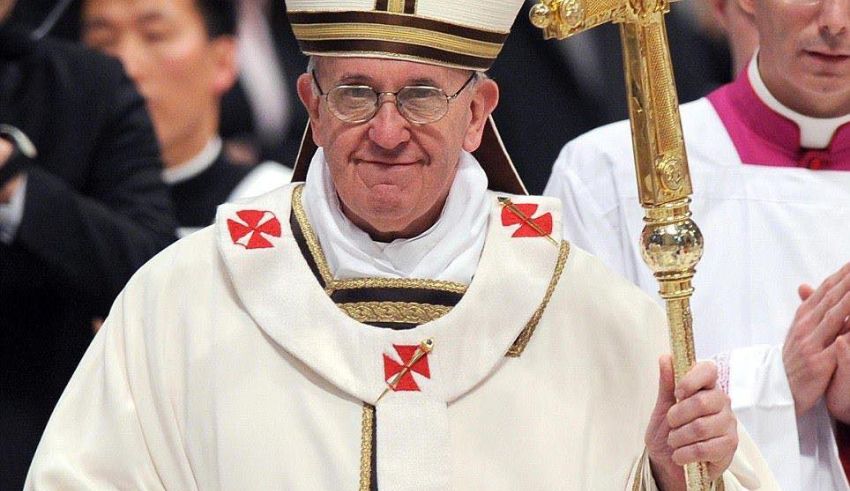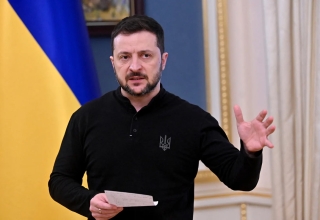
A prudent and modern move, the Vatican has released new rules for recognizing allegedly supernatural occurrences. Published by the Dicastery for the Doctrine of the Faith, this groundbreaking book aims to provide guidance and clarification on topics that have long generated interest, conversation, and occasionally disagreement inside the Church.
The At Issue Matter
For millennia, the Catholic faithful have recorded miraculous incidents involving stigmata, sobbing statues, and unfathomable glimpses of the Virgin Mary. Even although they also make one wonder about veracity and the potential for dishonesty, these occurrences often inspire dedication and travel. Such events have been significant to a great number of Christians, acting as hubs of devotion and faith and sometimes even motivating the building of significant monuments and pilgrimage sites.
Reaction of the Church
The revised guidelines emphasize the need of exercising care. Usually speaking, rather than asserting that these events are of supernatural origin, the local bishop and the Holy See will only accept and promote devotion and pilgrimages. This modification acknowledges the intricacy of these events and the need for a calculated response. The Church maintains that while admitting the potential of genuine divine intervention and neither prematurely validating nor dismissing these experiences, one should be wary of misleading claims that could mislead the faithful.
Scientific Standards
In the detailed process the book describes for bishops to evaluate accounts of paranormal occurrences, the Dicastery for the Doctrine of the Faith is specifically engaged. Respect for popular devotion is balanced with the need for theological and pastoral rigor, therefore ensuring a reliable and consistent response to each situation. Bishops are given specific criteria to assess these events based on: the psychological state of the persons involved, the kind of messages they may have received, and the outcomes of the phenomena, such conversions and heightened faith among the faithful.
Background Information
The Church has heard several reports of ghostly happenings throughout the years. Some, notably the apparitions at Lourdes and Fatima, have been identified after a thorough investigation; others have been disproved or remain unsolved. The Vatican’s new guidelines are just the latest in a long line of cautious assessment. By codifying the process, the Church seeks to reconcile openness to actual celestial happenings with susceptibility to potential deceit or self-delusion.
The Impact for the Committed
Believers are reminded by these new criteria of the imperative of the Church maintaining the integrity of the faith. Even while it admits the potential of actual supernatural intervention, the Church guards against the perils of deceptive pronouncements that could mislead believers. The guidelines urge the religious to view documented paranormal occurrences with discernment and faith, seeking for spiritual development while maintaining an eye on Church guidance.
Ahead with Faith and Reason
The Vatican’s new norms significantly progress the Church’s ongoing attempt to negotiate the nexus of faith, reason, and the supernatural. As the devoted look to the Church for guidance, these conventions offer a path to follow with both devotion and discernment. The Church stresses by its approach its commitment to credulous-proof, reason-based faith.
Theatre Fruits and Hazards
Cardinal Fernández underlined the dual potential of these phenomena when he presented the new norms. “These have often produced a great depth of spiritual fruits, growth in faith, devotion, fraternity, and service. Sometimes they have served as inspiration for shrines located all over the world that serve as the center of modern popular piety for a huge number of people. He did warn that “in some events of alleged supernatural origin” there could be serious issues endangering the devout. This involves the potential for financial exploitation, psychological harm, and the spread of beliefs that contradict Church doctrine.
The Part Devotions and Pilgrimages Play
Catholics have been traveling to sites of allegedly paranormal activity for a very long time. Many times, these trips lead to profound spiritual experiences and a fortification of faith. The new norms do not forbid such activities; rather, they are intended to ensure that they are founded on genuine devotion and sound theology. By supporting pilgrimages and devotions without hastily acknowledging the supernatural nature of the phenomena, the Church seeks to foster genuine spiritual growth.























